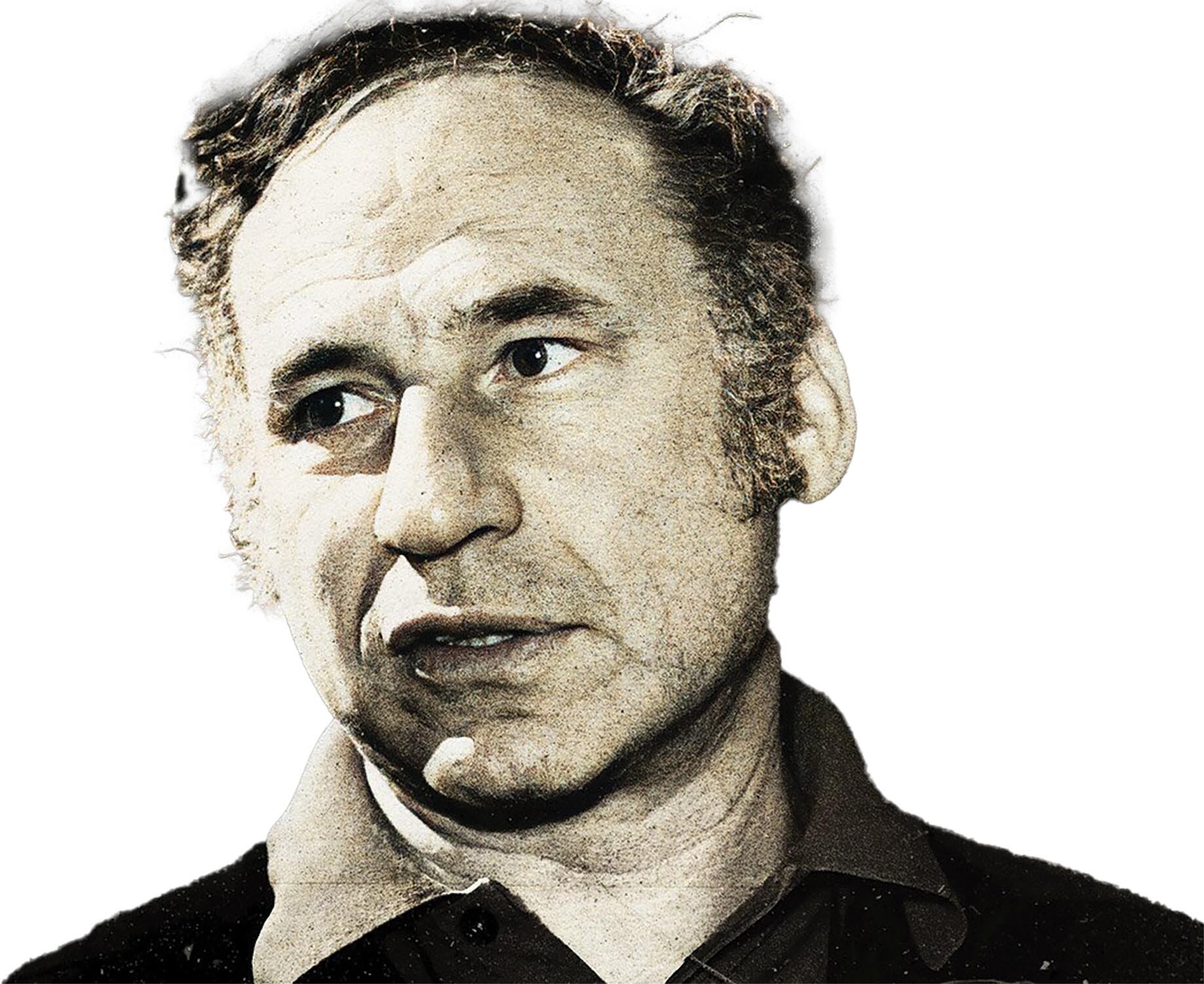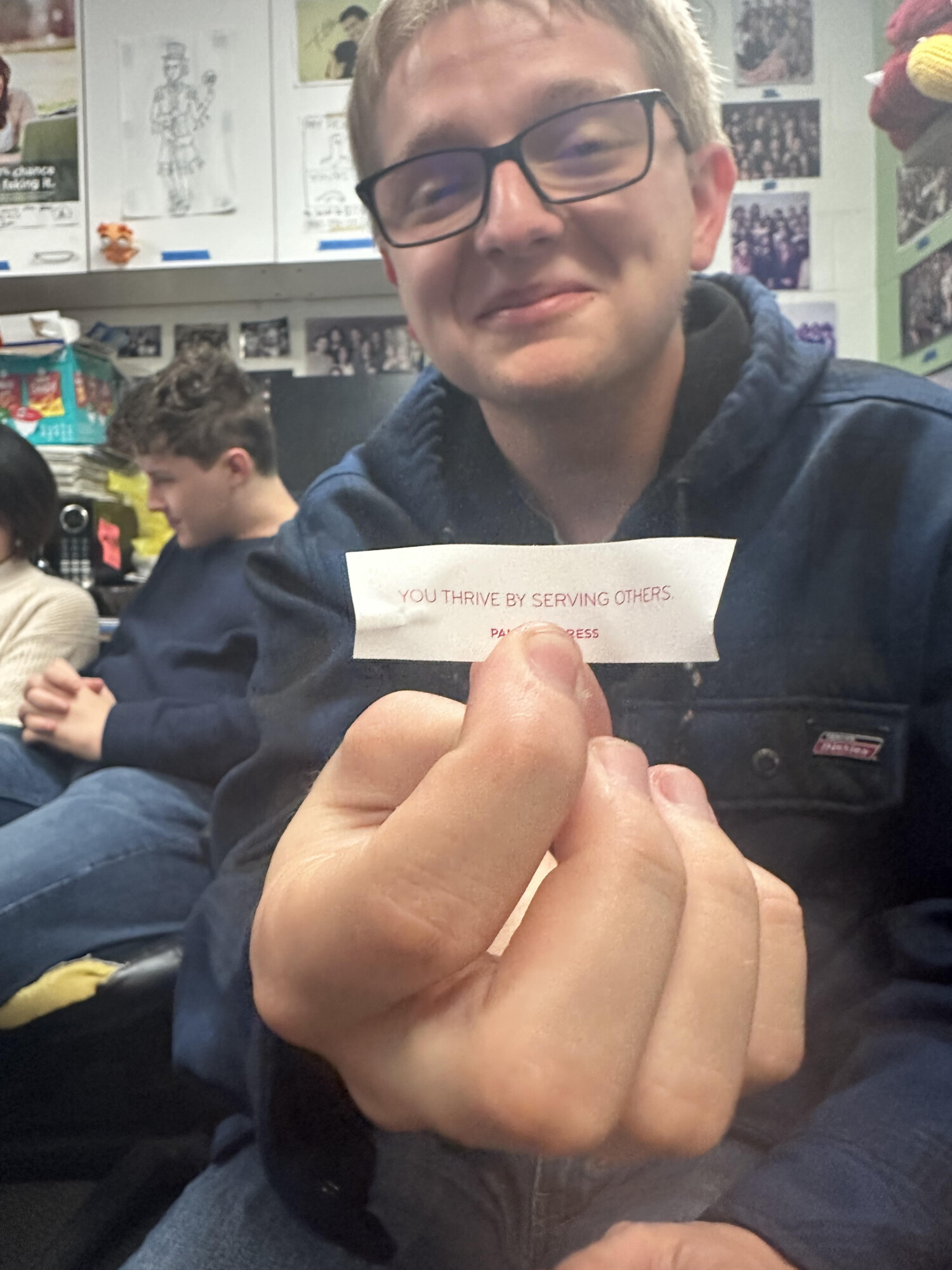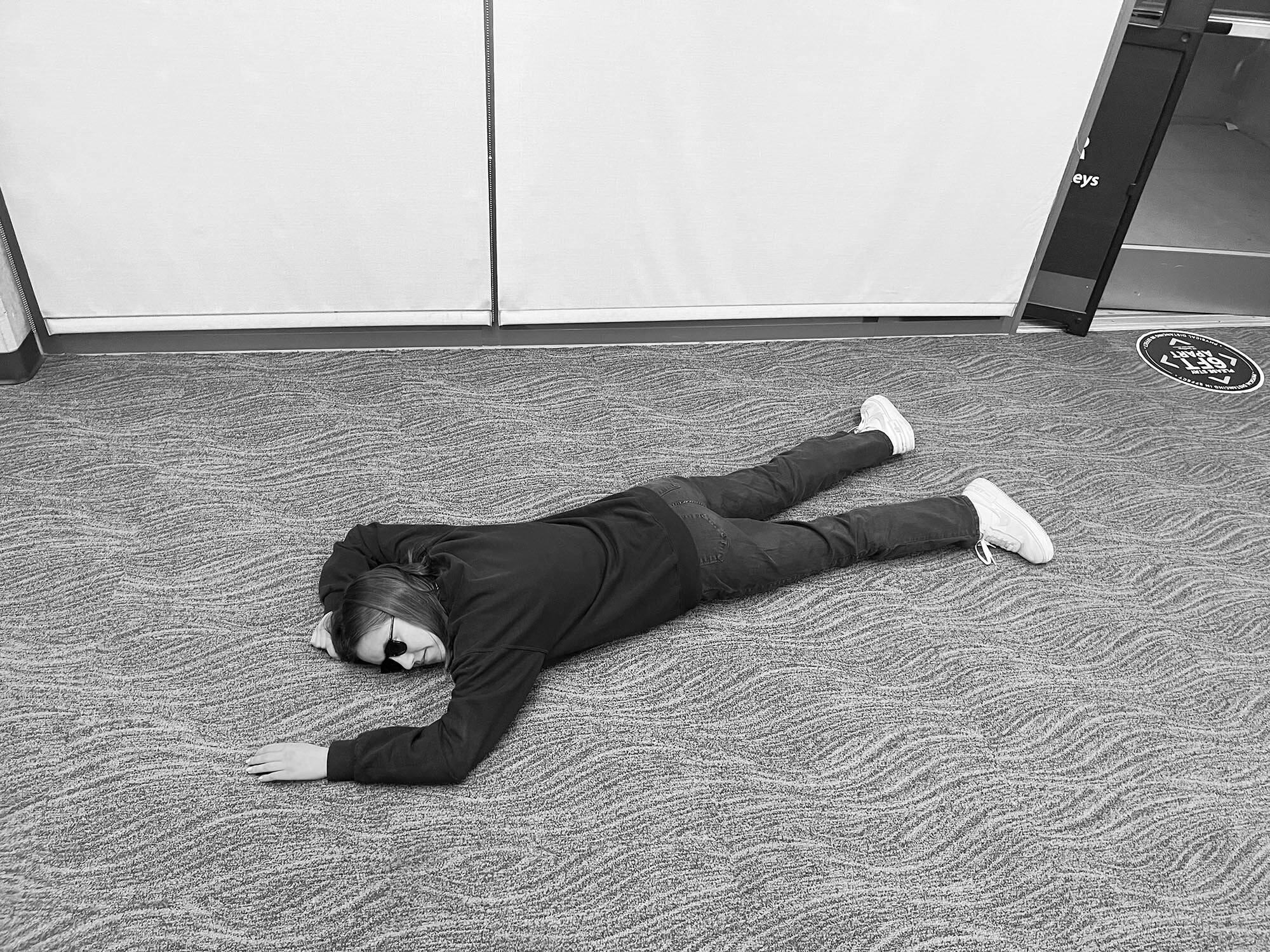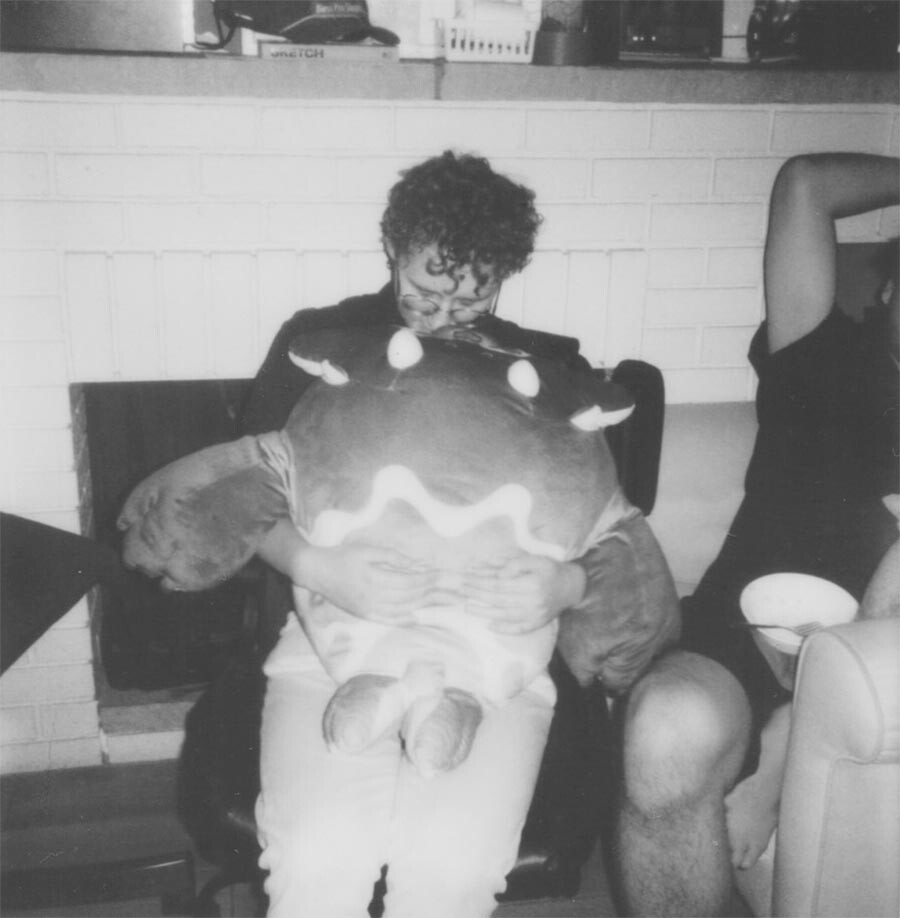
Photo by: Lawrence Lee
After evaluating the national economy last week, economists identified the most recent commodity to fall prey to the ravages of inflation: cheap puns.
The rise in prices for this particular item, whose core consumer base is people with only mediocre talent for manipulating words, was first discovered by accident when an area man was forced to investigate a significant and inexplicable charge on his bank account that appeared immediately after he “cracked a pun.”
“I was checking my account, and it said that I had 8,000 dollars,” recounted the victim of the charge. “But then I remembered a pretty good pun that I read on a popsicle stick the other day, so I looked up for a moment and asked my friend, ‘What do butchers say to people who come into their shops?’ When he ignored me, I said, ‘Nice to meat you!’ Then I looked back at my account, and suddenly I only had 7,000 dollars.”
Having eliminated the possibility of credit card theft (the subject in question had closed all of his previous cards and was in the process of obtaining a new one that day), he called the bank in order to notify them of what he perceived to have been a minor transactional error. However, the bank stated that the charge of 1000 dollars on his account was indeed accurate. As for the good or service that incurred this cost, it was simply listed as ‘Cheap Pun.’
Similar instances of people being charged exorbitant fees for making up and telling mediocre puns have been surfacing at unprecedented rates. Economists at leading universities have blamed inflation for the rise in prices for this particular good, noting a steady exponential increase in the supply of puns over the past two decades without a corresponding increase in demand for puns. This has led to the cost of puns, previously pegged at negligible fractions of a cent, skyrocketing to the current four-figure rates. Because of this, experts expect puns to join the ranks of the many commodities that are now beyond the reach of middle class salaries.
However, an alternative theory has surfaced to explain the sudden rise in the price of this previously inexpensive form of word play. Some scholars are speculating that this is, in fact, deliberate large-scale market manipulation with the intent of protecting those who are endangered by exposure to cheap puns. Due to the popular belief that puns “kill brain cells,” medical officials may have flagged them as a risk to public intellectual and physical health, and begun working to create steeper consequences for those who might be inclined to subject other people to them.
As there is no indication that the current trend of the market will change in the foreseeable future, it appears that puns will remain among the luxury goods and services that many must forgo indefinitely. In the meantime, however, Dr. Liam Joacke, a leading scholar on the matter and acclaimed author of “The Hidden Costs Of Free Speech” and “It’s Going to Cost More Than Just a Penny for My Thoughts,” has reassured consumers that “there are many DIY versions of mediocre humor that you can learn to enjoy for much less, like poop jokes or Yo Momma jokes.”
Written by: Sarah Wernher, Staff Writer











